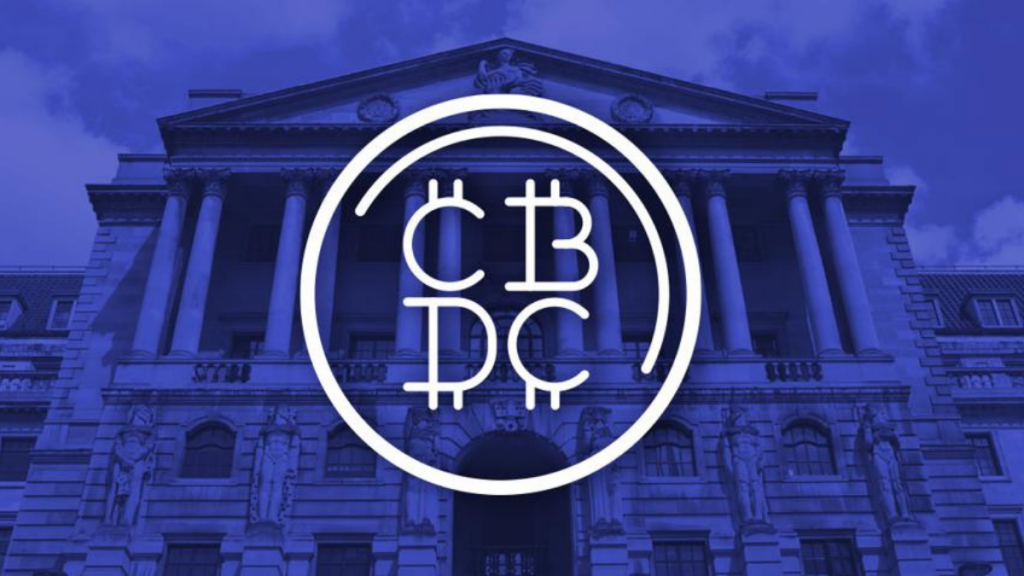19 Countries Advance CBDC Tests, According to IMF
24.06.2024 8:30 1 min. read Kosta Gushterov
The International Monetary Fund (IMF) has found that 19 countries, including the United Arab Emirates (UAE), are in an advanced phase of testing central bank digital currency (CBDC).
In the Middle East, Bahrain and Saudi Arabia are also proceeding with their CBDC tests. Georgia and Kazakhstan have moved to the proof-of-concept stage following successful CBDC pilot programmes, as indicated by the IMF.
A digital currency is emerging among the five leading BRICS alliance countries, designed to facilitate cross-border payments that could potentially challenge the US dollar’s monopoly on global trade. This action is expected to be felt by various different sectors of the US economy.
According to the IMF, CBDCs have the potential to enhance financial inclusion and payment efficiency in the BRICS countries and the Middle East. Specifically, they could improve international payment services aimed at eliminating inefficiencies such as differences in data format, operational rules across regions, complex regulatory compliance checks, etc.
This could lead to significant reductions in transaction costs, which would be most beneficial for oil exporters such as Bahrain, Kuwait, Oman, Qatar, Saudi Arabia and the UAE, all members of the Gulf Cooperation Council (GCC).
-
1
U.S. PCE Inflation Rises for First Time Since February, Fed Rate Cut Likely Delayed
27.06.2025 18:00 1 min. read -
2
Key U.S. Economic Events to Watch Next Week
06.07.2025 19:00 2 min. read -
3
Gold Beats U.S. Stock Market Over 25 Years, Even With Dividends Included
13.07.2025 15:00 1 min. read -
4
U.S. Announces Sweeping New Tariffs on 30+ Countries
12.07.2025 16:30 2 min. read -
5
US Inflation Heats Up in June, Fueling Uncertainty Around Fed Cuts
15.07.2025 16:15 2 min. read
US Inflation Heats Up in June, Fueling Uncertainty Around Fed Cuts
U.S. inflation accelerated in June, dealing a potential setback to expectations of imminent Federal Reserve rate cuts.
Gold Beats U.S. Stock Market Over 25 Years, Even With Dividends Included
In a surprising long-term performance shift, gold has officially outpaced the U.S. stock market over the past 25 years—dividends included.
U.S. Announces Sweeping New Tariffs on 30+ Countries
The United States has rolled out a broad set of new import tariffs this week, targeting over 30 countries and economic blocs in a sharp escalation of its trade protection measures, according to list from WatcherGuru.
Key U.S. Economic Events to Watch Next Week
After a week of record-setting gains in U.S. markets, investors are shifting focus to a quieter yet crucial stretch of macroeconomic developments.
-
1
U.S. PCE Inflation Rises for First Time Since February, Fed Rate Cut Likely Delayed
27.06.2025 18:00 1 min. read -
2
Key U.S. Economic Events to Watch Next Week
06.07.2025 19:00 2 min. read -
3
Gold Beats U.S. Stock Market Over 25 Years, Even With Dividends Included
13.07.2025 15:00 1 min. read -
4
U.S. Announces Sweeping New Tariffs on 30+ Countries
12.07.2025 16:30 2 min. read -
5
US Inflation Heats Up in June, Fueling Uncertainty Around Fed Cuts
15.07.2025 16:15 2 min. read

